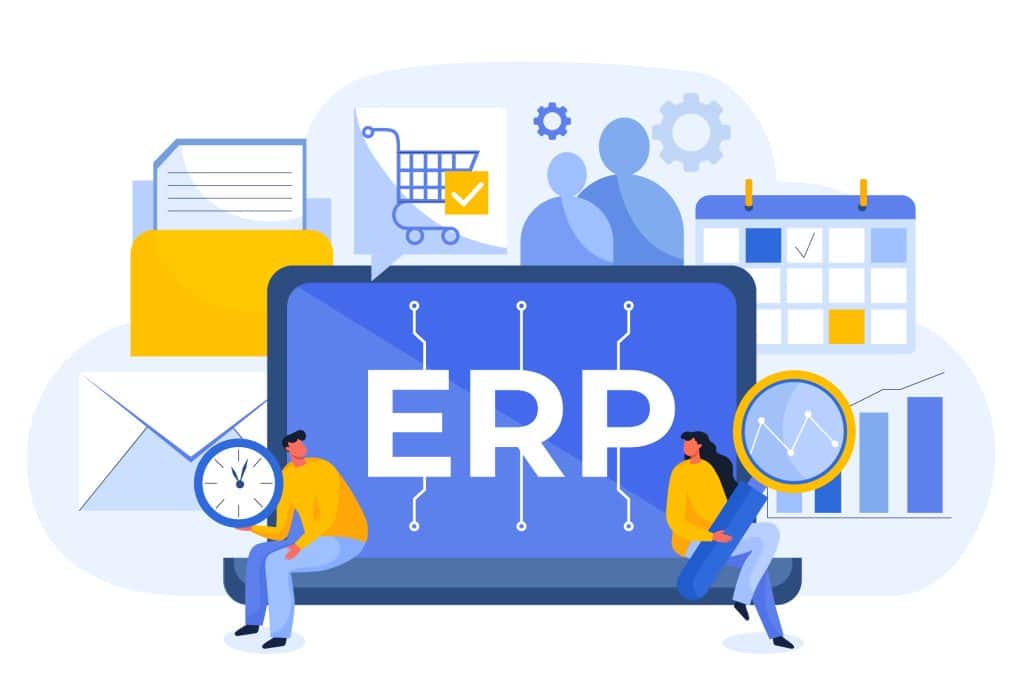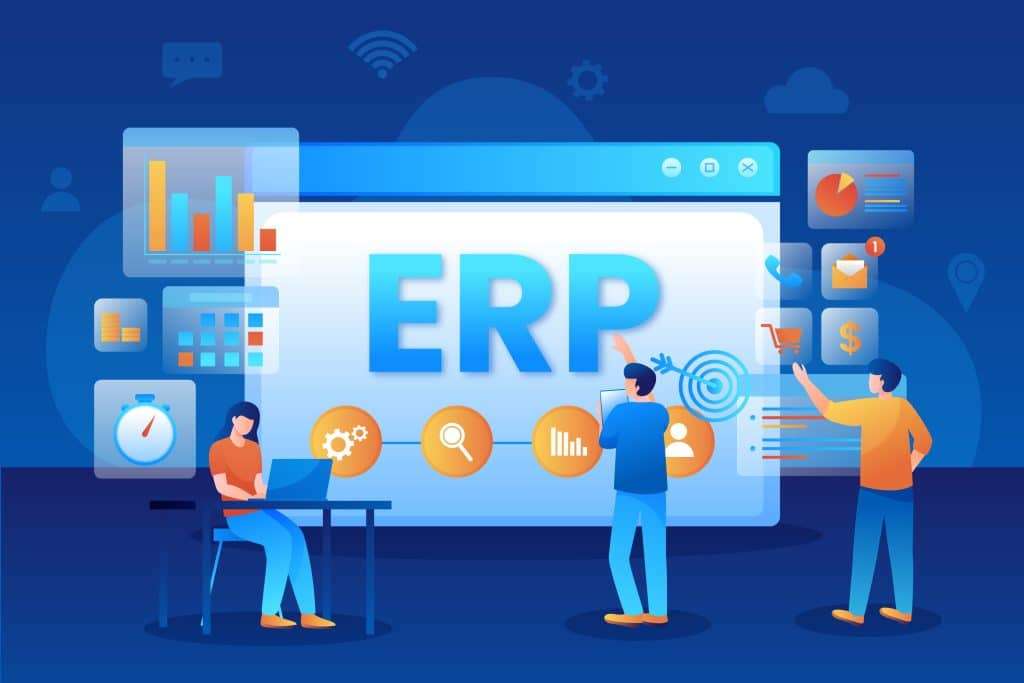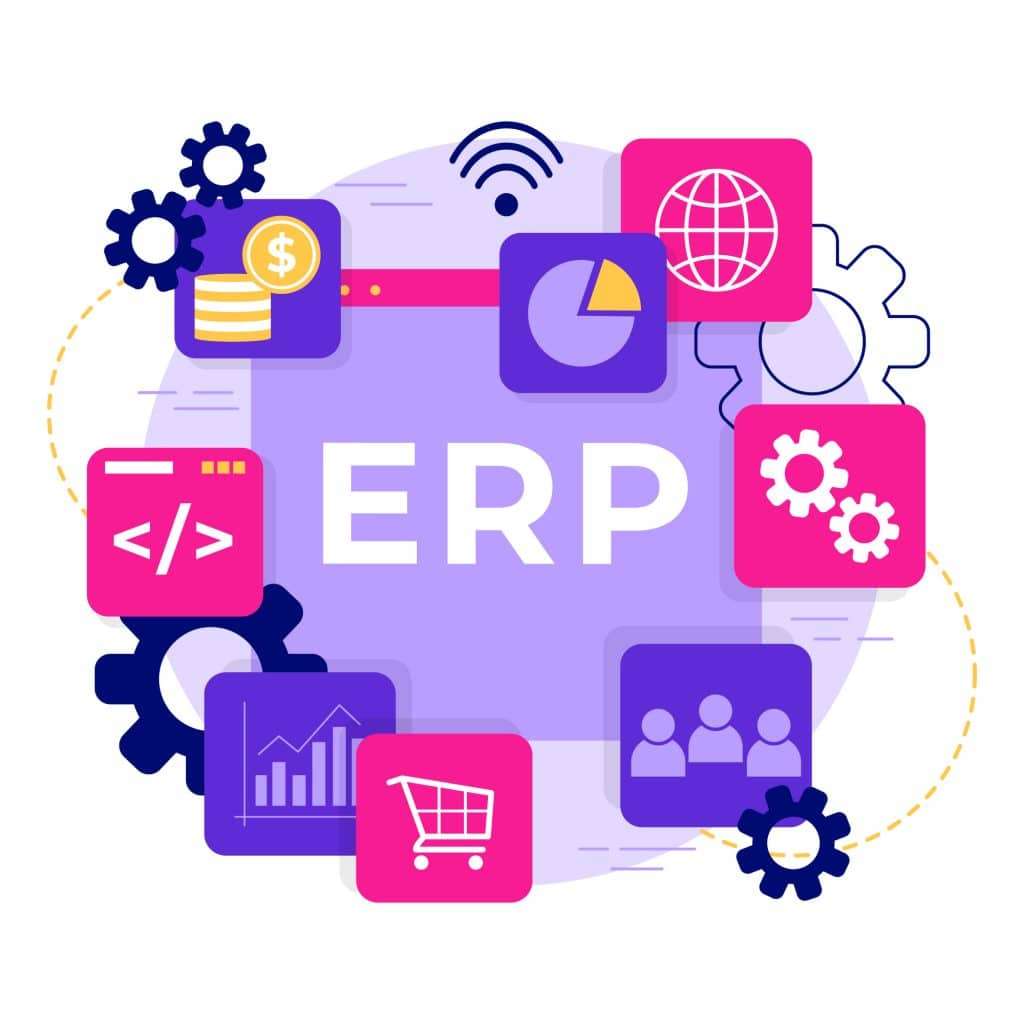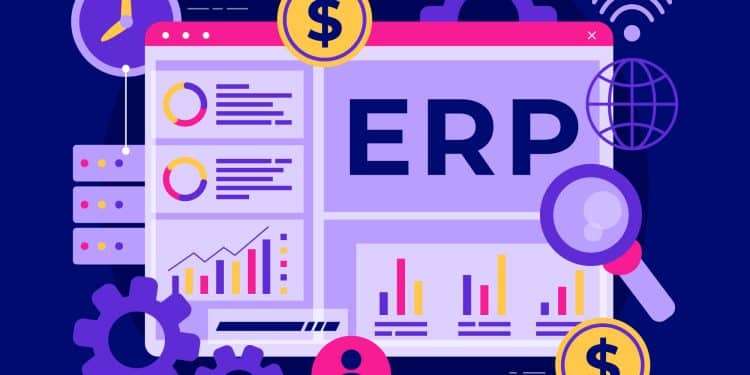Integrated systems are a way for companies to manage their activities effectively and efficiently in case of a rapidly changing business environment. In essence, Enterprise Resource Planning (ERP) is a necessary element for this integration. The jobs of ERP Specialists are important in making sure that these systems run efficiently and without any hiccups. This comprehensive guide will start by discussing how an ERP Specialist is typically a role which is important in business; it will give the details of his/her required skills and learning paths. … It will also define job possibilities and pay grades.
ERP Specialists
An ERP Specialist is a professional employed in an organization and is responsible for implementing, maintaining, and optimizing ERP systems. They can integrate ERP with several back-office business functions like finance, human resources, supply chain, and customer relationship management into a single system. They provision for the right hardware to run these systems, procure software from the vendors and construction firms, install it, and set up its network. Dealing effectively with this requirement, ERP Specialists are guaranteeing that the systems supplement the organization’s business needs.

Table of Contents
Key Responsibilities of an ERP Specialist
An ERP Specialist has various tasks that comprise the management and optimization of ERP systems. Some of the responsibilities are:
System Implementation and Configuration
In a first place, a backward compatibility number is stored to the database table to ensure data are preserved on a schedule when upgrading the software. The final step was to update the version number of the necessary executables to the current version in the .ini files.
Customization and Development
To ensure that the customer’s requirements are met as intended, an ERP system will have to be configured according to specific business rules. By developing additional tools like custom modules, scripts, and reports Specialist will basically change the ERP core design for the better, indirectly meeting the need of the organization.

User Training and Support
ERP Specialist’s role of on-the-job training the users of the ERP system is one of key importance. The on-site ERPs deliver assistance and diagnosis to the users and guarantee the best use of the system.
System Maintenance and Upgrades
Specialists who have the duties to upkeep the ERP Wide Area Network or other types of ERP systems are those who are responsible. The work also covers them both planning and performing the ERP system updates.
Data Management and Integration
Specialists, in addition to their normally occurring duties, have to take care of the most important, such as integrating the data from different data sources. They also make sure that the data being entered is correct, is stored properly, and is available in the ERP system.
Skills Required to Become an ERP Specialist
The use of both technical and soft skills are necessary to thrive as an ERP Specialist. Here are the major soft skills that will show a candidate’s ability to thrive in a customer support job::

Technical Skills
- Proficiency in ERP Software: Hands-on knowledge of SAP, Oracle, Microsoft Dynamics, IBM, Infor, and SAP Hana features is essential. ERP Specialists also do the modification and adaptation of these systems to make them suitable for the companies.
- Programming Knowledge: A good knowledge of coding is advantageous. The programming languages such as ABAP (for SAP), SQL, and Java would also be useful in the development of customized products and intercommunications.
- Database Management: The student has a strong foundation in database management systems (DBMS) and SQL is important, to manage data within the ERP system.
- System Analysis: They should have the expertise to discover the opportunities in the business processes that the procedure and the ERP system provide, and also to create effective workflows based on this.
Soft Skills
- Analytical Thinking: Clear reasoning to comprehend tough business processes and identify areas in which the company can make changes.
- Problem-Solving: Skill for solving problems and frequently coming up with the most suitable form of technical solutions that are ERP systems-related.
- Communication: Great communication skills to interact with stakeholders and for that matter the provision of training and support to the users is concerned.
- Project Management: The capability to develop, organize, and prioritize the tasks needed to accomplish the project on schedule.
Learning Paths for ERP Specialists
There are numerous ways to be a Specialist by getting education from a school, obtaining certifications, and practicing by yourself.
Formal Education
- Bachelor’s Degree: One of the most important degrees mainly in computer science, information technology, business administration, and other related fields that would be a great start but shall be supported by the other materials in it. This basically rules out the job prospects of a Specialist.
- Master’s Degree: These are the higher degrees which do not describe in specific terms but emphasize on topics such as information systems or business administration that can improve the career opportunities you have.
Certifications
- Vendor-Specific Certifications: Acquire an ERP vendor’s certification for proper evidence of your skill. For example, the certificate courses such as SAP Certified Application Associate, Oracle Certified Professional, or Microsoft Certified: Dynamics 365.This should boost the possibility of you acquiring stable employment quickly and easily.
- Project Management Certifications: The credentials such as PMP (Project Management Professional) are essential in the process of handling the implementation of ERP.
Self-Study and Online Courses
- Online Courses: The established online player like Udemy, Coursera, and LinkedIn Learning are offsprings of IT and technology based courses available for the systems.
- Books and Tutorials: ERP Systems really mean a lot so sometimes you should read the books and get the necessary knowledge instead of just being through the movies or researching for free.
Job Opportunities for Specialists
There is a shortage of specialists in various fields, among them, manufacturing, healthcare, finance, and retail. Some common job roles are as follows:
ERP Consultant
Transferring knowledge gained in ERP to choose the right solution that best meets the objectives of various kinds of clients. The consultants talk to the client and use the information for making the decision. They design the ERP system according to customer requirements and implement it correctly.
ERP Administrator
ERP system administrators perform the day-to-day operations of ERP such as keeping tabs on its performance, applying updates, and resolving problems. ERP Administrators ensure that the system functions in the most efficient and secure manner as possible.

ERP Project Manager
Acting as a point of contact to anchor every phase of the ERP projects from the design phase to the execution. ERP Project Managers communicate, interact with different teams, relieve the traditional. They do so by control, order and managing and running the operation smoothly.
ERP Business Analyst
Being the main respondent in the process of understanding the business’s demands, ERP analysts establish the path for dissembling the user patterns and settings into functional specifications for the ERP system. ERP Business Analysts typically work with users, get to know their needs, and make sure that the ERP system could serve their business processes efficiently.
Salary Averages for Specialists
The pay of an ERP Specialist is determined by factors such as the candidate’s location, experience, and the company’s sector. On average,Get ready for the ERP specialist salary in the range of $80,000 to $120,000 per annum. Let’s have a deeper look at the info:
Entry-Level ERP Specialists: In general, working in this role one should anticipate to lie between $60,000 and $80,000/year, that is where these positions pay for the ones fresh to the field and looking for opportunity to increase their blocks.
Mid-Level ERP Specialists: These are the ones that come as assistants to the experience of 2-4 years and qualify for salaries of $80,000 – $100,000 annually. Moreover, they shall be in charge of a lot of tasks, supervise junior staff, and even be a part of some more complex projects.
Senior ERP Specialists: If he/she is a skilled professional, then he/she will most likely have an income of $100,000 and above per year. All our senior specialists are people with the ability to lead large-scale projects on ERP, the result of which is the innovation of the whole structure.
Conclusion
The field of ERP Specialist is the best place where you can grow and develop your professionalism and even expand your career. With the required qualifications, one can have a rewarding career for life. In addition to the successful completion of the learning paths and certification, you can be part of this fluctuating and fast-growing sector and become more competitive.
The wisdom that the technological aspect of the ERP project has found, turned it into a possibility to seek better employment. It is a beneficial but tough walk which is the finest selection for anyone who finds business processes and technology appealing.
What does ERP actually do?

ERP (Enterprise Resource Planning) is an ICT (Information and Communication Technology) solution that involves and also integrates all the departments that go through a given process. A managed hosting service (MHS) is completed in the background for all the applications the adopted MHS is responsible for and then the ERP system accommodates them universally.
It provides a single platform processing the systems like marketing, HR, OMS, supply chain, sales, and the customer service. Having a central location for data storage and the introduction of automated workflows, ERP aids in the advancement efficiency hence facilitates the cooperation of all of the employees. By strengthening the competence of the information management process and bringing a greater degree of automation to the organizations, ERP does not just help the organizations.















